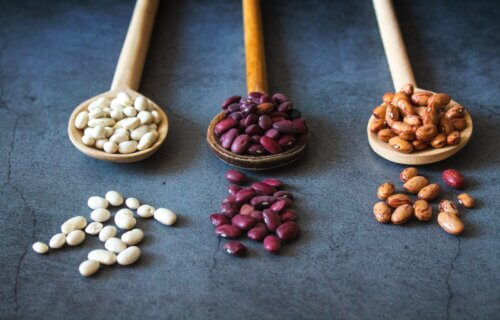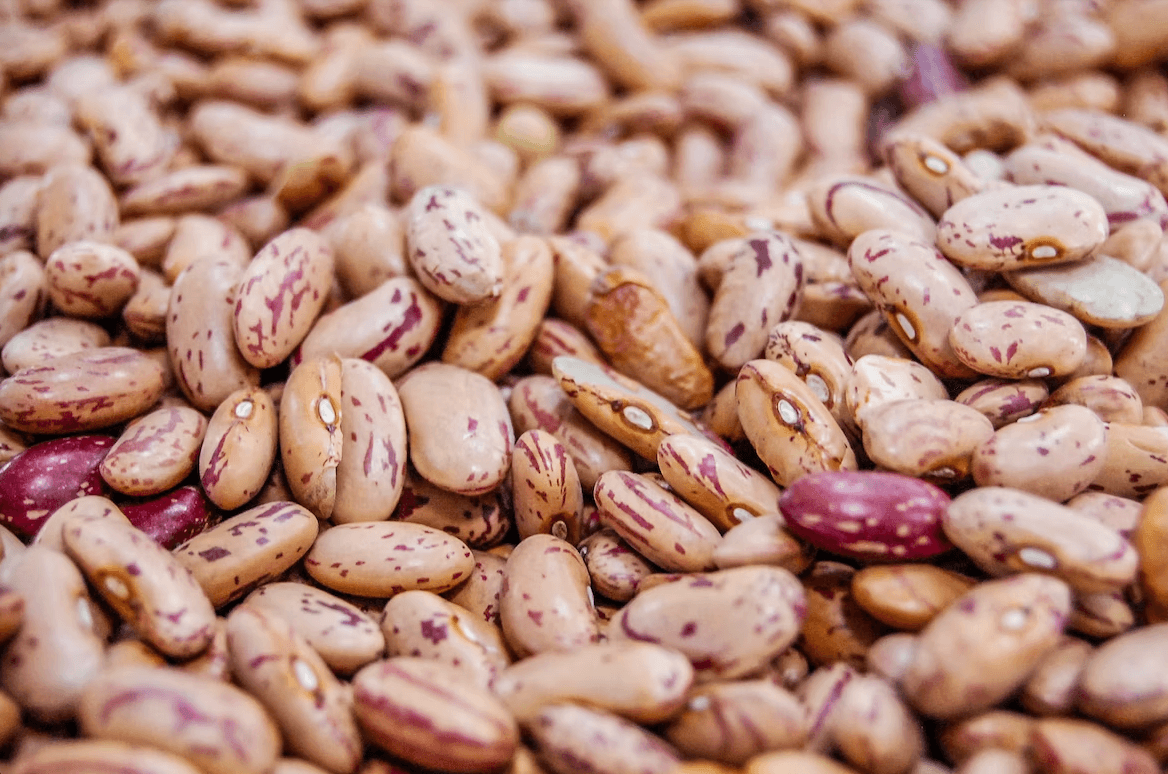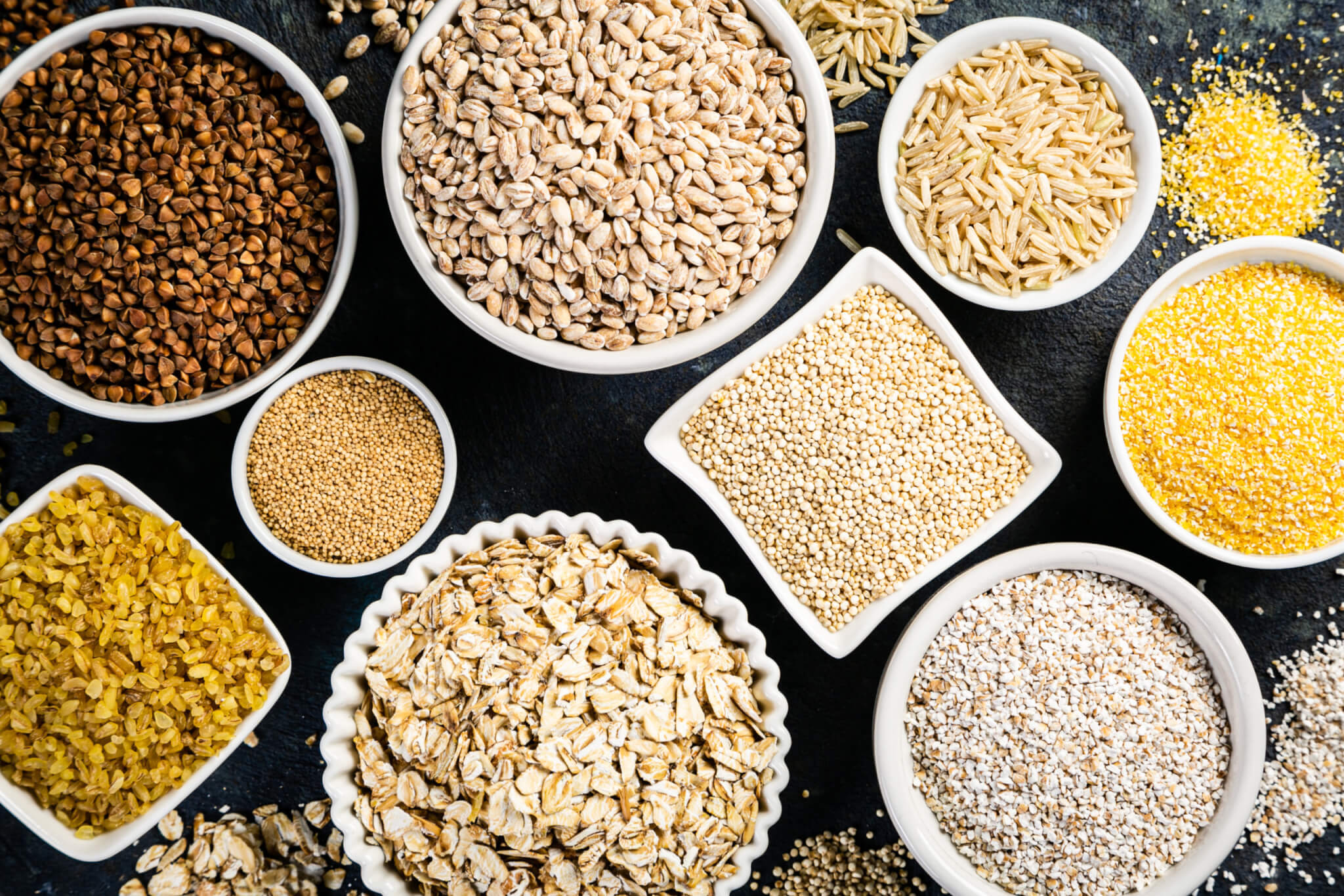Are beans dangerous? Dietitian debunks lectin-free dieting fad

In 2017, a physician named Dr. Steven Gundry released a book called “The Plant Paradox: the “lectin-free” diet growing in popularity across social media. People are avoiding foods like beans, peanuts, and whole grains because they think they’re making them less healthy or preventing them from losing weight.
But before we ban them from the menu, what are lectins, and why do people think they’re unhealthy?
Lectins are proteins that bind to carbohydrates.
You may have seen them be called “anti-nutrients” because the body doesn’t digest them and could possibly hinder your ability to absorb minerals like calcium and zinc. These so-called anti-nutrients might also cause gastrointestinal distress in some people.
Lectins can also attach to cells in the lining of your intestines, meaning they can stick around for a little while and possibly kickstart an autoimmune response in some people.

What is a lectin-free diet?
Initially coined by Steven Gundry, M.D., a former cardiothoracic surgeon turned alternative nutrition media physician, the lectin-free diet promotes the exclusion of foods high in lectins to help with weight management and chronic illness. Gundry has argued that lectins are responsible for increased intestinal permeability, more loosely referred to as “leaky gut,” and different chronic illnesses.
Foods high in lectins include:
Do you really need to follow a lectin-free diet?
There is currently no evidence suggesting that a lectin-free diet is uniquely health-promoting. It is a type of fad diet.
There is also a huge missing piece from this conversation: foods highest in lectins are raw foods that you would typically only eat cooked. For example, raw beans and lentils are some of the foods with the highest levels of lectins.
Current research shows that “active” lectins, like those in raw beans, can cause adverse health outcomes. However, the last time I checked, most people aren’t chowing down on raw black beans. Cooking foods at high temperatures, as well as soaking or sprouting high-lectin foods can significantly reduce these levels.

Bottom Line
As a dietitian, I notice that many fad diets point to whole foods as the problem. Some say that red meat is the reason that people’s health continues to suffer, while others say it’s the fruits and vegetables.
The reality is that most Americans aren’t eating enough whole foods in the first place. The Standard American Diet is comprised of mainly ultra-processed foods. Therefore, to encourage people not to eat plant foods because of lectins can further dissuade people from eating more whole plant foods that have time and time again been shown to benefit human health and prevent chronic disease.
If you find that you personally feel better eating low-lectin foods, that is an anecdotal experience. However, the entire premise is based on a real nutrition truth that shows lectins might cause some distress for people. This can be recognized without making sweeping generalizations and calling any food with them unhealthy.
No comments:
Post a Comment